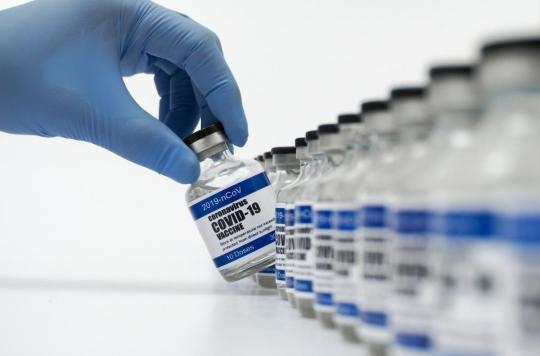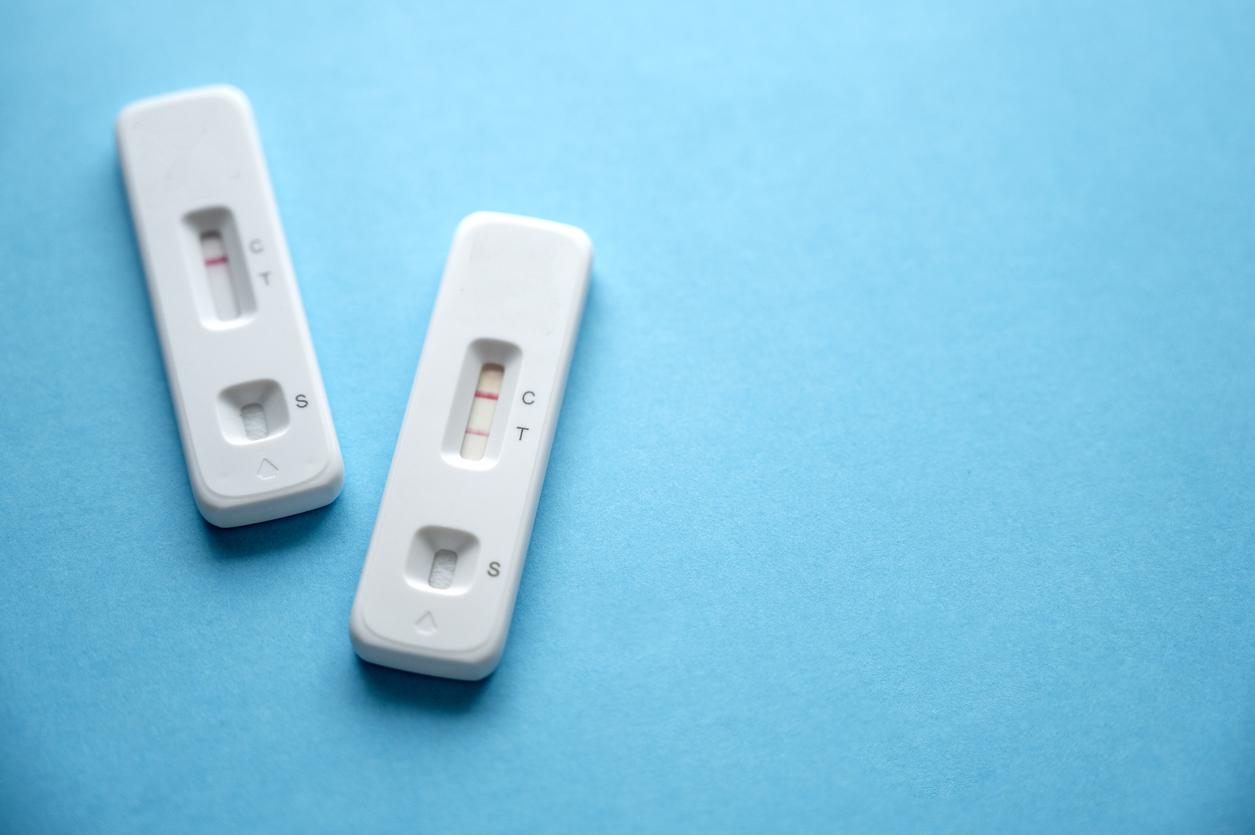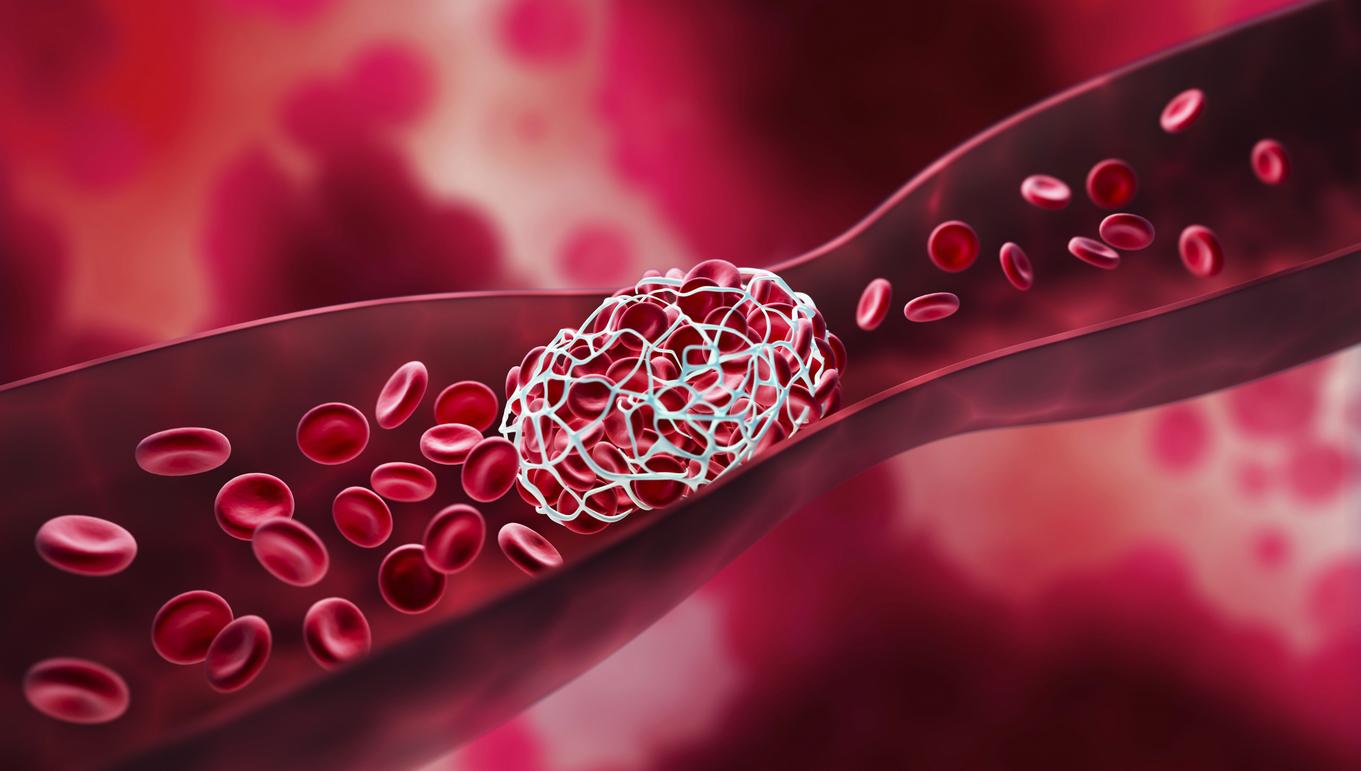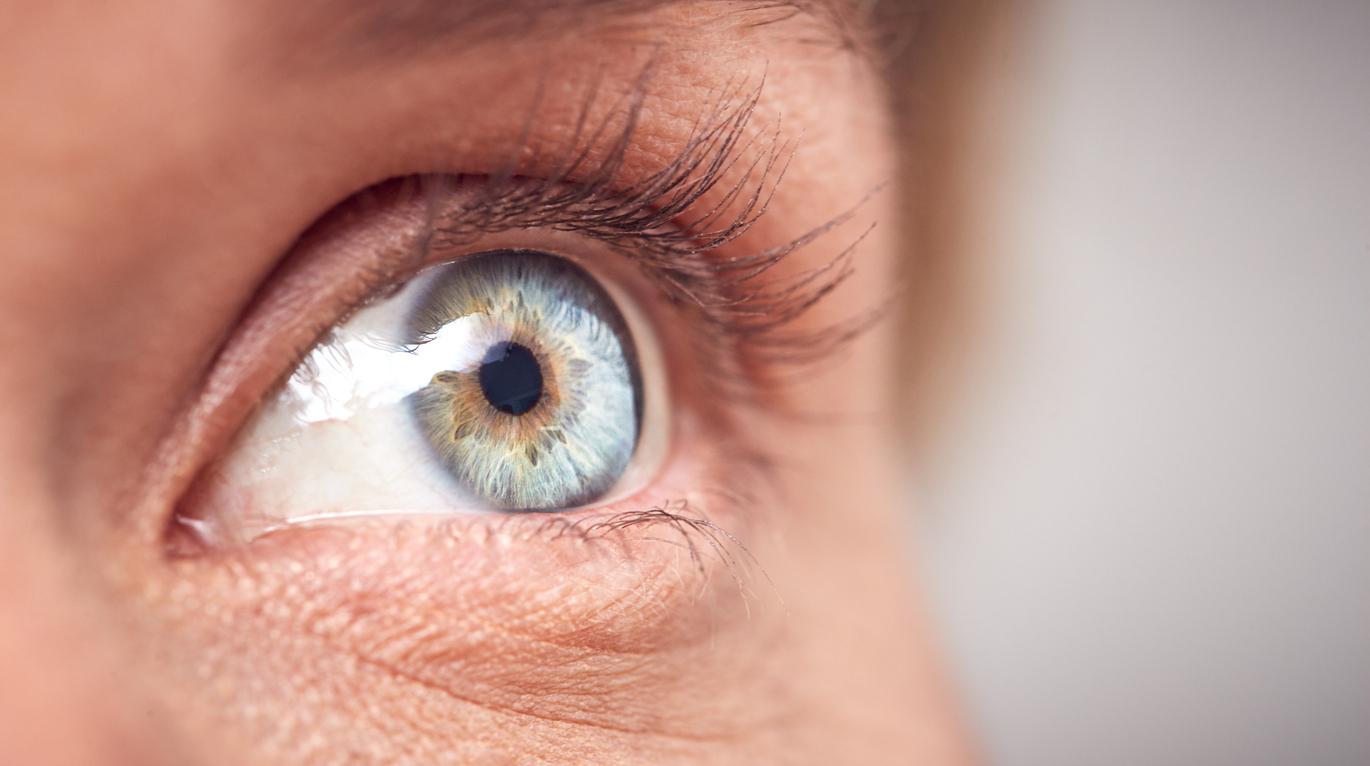Suspension of AstraZeneca, arrival of Johnson & Johnson, vaccination in pharmacies, the return of Sanofi, the results of Novavax, women more affected by side effects, a single dose for people already infected: the point on vaccines.

- Despite its suspension in several European countries, the AstraZeneca vaccine continues to be used in France where pharmacists will be able to vaccinate from next week.
- The European Medicines Agency has authorized the Johnson & Johnson vaccine and the one developed by Novavax could soon follow after showing 96% effectiveness against the initial strain of the virus.
- Sanofi will begin clinical trials on humans for its messenger RNA vaccine which could become the first French anti-Covid vaccine.
It’s been a busy week for vaccines.
– Use of AstraZeneca’s product has been preemptively suspended in many European countries;
– In France, pharmacies will, from next week, integrate the vaccination campaign;
– The vaccine developed by the American Johnson & Johnson has become the fourth to receive marketing authorization in Europe;
– France has returned to the race with Sanofi, which has announced that it is launching the first human trials of its second vaccine;
– Novavax, an American industrialist, has published the final results of clinical trials which show that its serum provides 96% protection against the classic strain of the SARS-CoV-2 virus;
– Finally, new studies have confirmed that one dose of vaccine is sufficient to protect people already infected and revealed why women have more side effects than men after the injection.
AstraZeneca suspended in several countries, not in France
France wanted to defuse the galloping mistrust against the AstraZeneca vaccine after its suspension in several European countries (Bulgaria, Italy, Austria, Denmark, Norway, Iceland, Estonia, Lithuania, Latvia and Luxembourg). The pauses in its use announced in cascade by European countries followed the appearance of several cases of thrombosis following the injection of the vaccine. “There is no need to suspend” the injections of AstraZeneca, declared Thursday in a press conference Olivier Véran. “The benefit of vaccination is considered to outweigh the risk at this stage“, he added. The ANSM has recommended the continuation of the injection of this vaccine in an update on the surveillance of anti-Covid vaccines published this Friday. It reveals that a case of multiple thrombosis has been identified in France, without a direct link with the AstraZeneca serum being able to be established.
In all, 22 cases of thrombosis have been reported out of the more than 3 million doses already used in the European Union, Norway and Iceland. The European Medicines Agency has already announced that a study is underway to determine whether or not these cases are linked to vaccination. “Data indicate no excess thrombotic events after use of AstraZeneca’s vaccinefor his part indicated Alain Fischer, president of the orientation council on the vaccine strategy, at Radio Classique. On the AstraZeneca vaccine, France’s position follows that of the European Medicines Agency (EMA).” The Agency on Friday added severe allergies to the list of possible side effects of the vaccine. She has “recommended an update of the product information to include anaphylaxis and hypersensitivity (allergic reactions) as side effects. The update is based on a review of 41 reports of possible anaphylaxis seen among around 5 million vaccinations in the UK.”
Pharmacies involved in the vaccine campaign
To speed up the vaccination campaign, pharmacies will be able to vaccinate from next week. Just over 18,400 pharmacies have already volunteered to vaccinate against Covid-19 next week, ordering 36,100 vials from AstraZeneca, the Ministry of Health revealed on Thursday. They will receive the doses on March 18 or 19. This vaccination remains reserved primarily for people over 75, or those over 50 suffering from comorbidities as well as adults at very high risk.
Johnson & Johnson arrives in Europe
On March 11, the Johnson & Johnson vaccine became the fourth to receive marketing authorization from the European Medicines Agency. Phase 3 clinical trials, conducted on several thousand patients, revealed that it is 85% effective against severe forms of the disease. For moderate to severe forms, the results range from 57% to 72%. The first doses should be available sometime in April, although the Ministry of Health expects “a possible small delay until May”.
Unlike the others, this vaccine has the advantage of only requiring a single dose to be effective. Called Ad26.COV2.S, it is based on viral vector technology, also called adenovirus, the same as for AstraZeneca or that used by Sputnik V, the Russian vaccine. This means that the virus is injected directly into the patient, the genetic material of which has been modified beforehand and the protein that allows it to multiply in the body has been removed. It also differs from AstraZeneca’s vaccine which uses a chimpanzee adenovirus by employing a human adenovirus in which the Spike protein has been grafted.
Novavax, next on the list
The American biotechnology company Novavax published this Thursday the final results of its vaccine, named NVX-CoV2373, which shows 96.4% effectiveness against the initial strain of the virus. Regarding the variants, this rate increases to 86.3% against the British variant and drops to 48.6% against the South African variant. Requests for emergency authorization should be filed soon. The phase 3 clinical trials were conducted in the UK on more than 15,000 people aged 18-84, 27% of whom were over 65. The vaccine was found to be 89.7% effective against symptomatic forms of the disease, with 96 cases of Covid-19 in the group that received a placebo, compared to 10 cases in the vaccinated group. A trial on a smaller cohort, 2,665 patients, was carried out in South Africa where the effectiveness fell to 48.6%.
This vaccine, which is administered in two doses, uses a different strategy from the others. This is a so-called “sub-unit” vaccine, ie it is based on recombinant protein technology combined with an adjuvant. This consists of injecting a laboratory reproduction of the Spike protein of the coronavirus in order to generate antibodies preventing this protein of the virus from infecting cells and therefore causing Covid-19. The addition of the adjuvant makes it possible to stimulate innate immunity and prevent the immune system from detecting the protein. The adjuvant used includes saponin extracts from quillaja (a tree) with cholesterol and phospholipids.
Sanofi, the second French candidate enters the race
While France was thought to be offside in the vaccine race, Sanofi announced this Friday the launch of the first human trials of its second vaccine project. The pharmaceutical group has indicated that it is starting “a 1/2 clinical trial dedicated to the messenger RNA vaccine candidate against Covid-19“, in a press release published on Friday. These trials aim to verify that the vaccine candidate is not dangerous and will provide initial information on its effectiveness. In all, 415 people will be affected and the results are expected for the third quarter of this year.
Four times more side effects for women
The progress of the vaccination campaign makes it possible to know more about the undesirable effects of the vaccine and women appear to be much more concerned than men. They would even be four times more exposed to side effects. A reality not surprising since this is already the case for other vaccines. The ANSM indicates that the risk of hospitalization is 1.4 in women and the risk of death 2.1 times higher. One report published on February 19 by the Centers for Disease Control and Prevention (CDC) American, the authorities in charge of health surveillance in the United States, argue that three quarters of the side effects of vaccines are recorded in women.
Women are naturally both better protected from infections and more prone to side effects from vaccines due to a stronger immune response. “Generally, women have a higher level of antibodies as well as a higher number of B cells, detailed Ashley Fink, of the Johns Hopkins Bloomberg School of Public Health, in a 2018 study published in the journal Current Opinion in Physiology. However, a greater production of antibodies implies a stronger response to the vaccine.” The researcher proposes to adapt the vaccine doses according to gender and to inject reduced doses to women.
Single dose for already infected patients
A new study, published on March 10 in the New England Journal of Medicine, confirms that for patients already infected with the virus, a single dose of the Pfizer or Moderna vaccine is enough to protect them. They might even be more protected than those who received two injections but never caught the virus. “We hope this data (…) will help form more nuanced vaccination policies.”, concluded Viviana Simon, co-author and professor of microbiology at the Icahn School of Medicine at Mount Sinai, in New York. For people who have already been infected with the virus, “the first dose of vaccine acts as a booster, making the second dose unnecessary”, she added.
The study was carried out on blood samples from 110 people, of whom 67 had not previously been infected with the virus and 43 had been. The results showed that after the first dose, participants who had already had Covid-19”rapidly developed uniform and elevated antibody levels within days of” injection. The antibody levels of these people were 10 to 45 times higher than those who had not been previously infected, according to the scientists, who took samples at regular intervals. After the second dose, antibody levels among people who already had the disease were still six times higher on average than among others. “No increase in antibody titers was observed in former Covid-19 patients who received the second dose”, specified the researchers.

.















